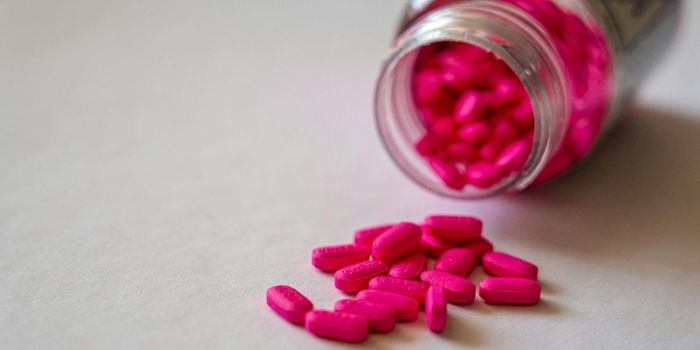Cone Snail Venom Became and Pain Therapeutics
Ever heard of conotoxins? They are bioactive peptides present in the venom of the predatory marine cone snails that are well known for their effective envenomation strategy. The conotoxins help these snails to capture prey and defend themselves against predators.
The carnivorous sea slugs are known for their poisoning mechanism, which helps the animals catch and defend their prey such as fish or shells. (© Markus Muttenthaler)
"Cone snails can control their venom composition depending if they hunt or defend themselves," says Markus Muttenthaler from the Institute of Biological Chemistry at the University of Vienna. "For pain research, we are particularly interested in the venom of a defending cone snail, as its composition is aimed at causing pain and its individual components can be used to study pain pathways," the ERC Starting Grant awardee states.
They were used to study pain signaling and hold the potential to become a new class of drugs under the analgesics—because of these studies there are 10,000+ conotoxin’s that have been identified.
"Conotoxins have revolutionised pain research since their extraordinary potency and selectivity enables us to study the individual subtypes of ion channels, which was not possible before," explains Markus Muttenthaler.
There has been one contoxin that received FDA-approval (Prialt®) for treating severe chronic pain. That particular drug can be administered via the spinal cord where it blocks pain being transmitted though an ion channel subtype -- "it is 1,000 times more potent than morphine and triggers no symptoms of dependence, which is a big problem with opioid drugs," says Muttenthaler. "This would enable us to intercept the pain signal before it is transmitted into the central nervous system."
Now, current studies on conotoxins can target nerve endings outside the spinal cord for safer administration of the therapeutics. Findings of the study were published in the journal "Chemical Reviews” and advances venom drug discovery.
Source: Science Daily









